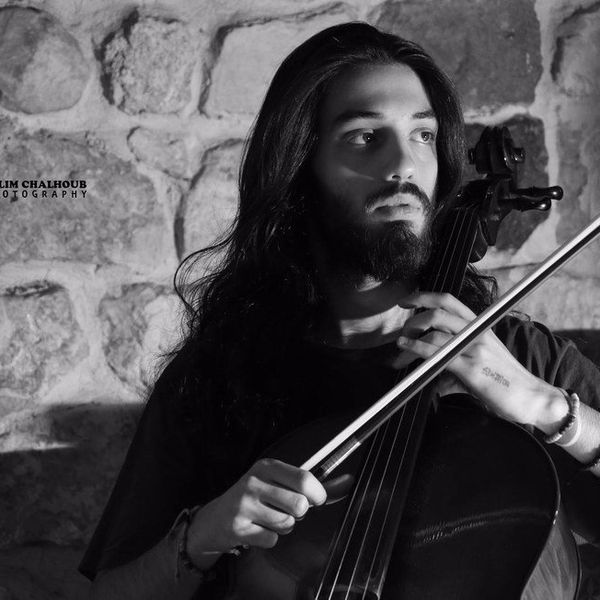Syria, Lebanon, Jordan, and Iraq – Since 2011, broadcast news organizations have fluctuated between excessive coverage of the Syrian civil war conflict and the Islamic State of Iraq and Syria (ISIS), to none whatsoever in a 24-hour cycle.
Regardless of whether or not they appear on our televisions screens every evening at 6 o’clock, there are 13.5 million Syrians in need of humanitarian assistance – 6.6 million of which are internally displaced within Syria, while over 4.8 million are refugees living outside of Syria in surrounding regions.
While dozens of countries are donating relief to and providing asylum for the refugees, millions are still living in volatile regions and, as a result, have little to no access to food, sanitary water, hygiene resources, healthcare, and shelter. Since the onset of the crisis in 2011, World Vision, a Christian humanitarian organization, has provided aid and assistance to more than 2 million people in Syria, Lebanon, Jordan, and Iraq.
“The World Vision is… dedicated to working with children, families, and their communities worldwide to reach their full potential by tackling the causes of poverty and injustice,” reads a description from their website. Their mission statement details in broad terms what they do in the countries they work with, such as, “transformational development… emergency relief… [And] the promotion of justice.”
Featured on their website is an interactive Global Impact Map, replete with markers that allow users to read about the different initiatives throughout the globe by clicking on different countries and communities. In Beqaa Valley, Lebanon, World Vision paid particular attention to inefficient health and education systems, as well as inadequate child protection programs.
In Central Beqaa, they worked with mothers’ action groups to develop curriculum and materials for a two-day event that taught 435 preschool children, including some from Syria and Egypt, about hygiene and nutrition. The organization also trained youth leaders in the area to provide 1,431 summer camp children with life skills education.
In West Beqaa, World Vision provided training to educators so that they could identify and support children with learning disabilities. Teachers and young people were also offered online safety training, which would provide them with safe ways to address abusive and dangerous situations.
While it is unclear whether or not the communities assisted are expected or encouraged to digest Christian rhetoric or scripture, World Vision makes it clear that they are committed to respecting “the dignity, uniqueness, and intrinsic worth of every person,” and celebrating “the richness of diversity in human personality, culture, and contribution.”
An especially notable tactic of World Vision is that they consider the poor communities that they serve to be active participants, rather than passive recipients of aid. Their website explains that this means their relationship is one of give and take, which allows for sustainable, community-oriented partnership that is reflective of the evolving needs of a region, rather than a temporary relief effort that mirrors wishy-washy media coverage, seesawing between hugely effective and painfully meager.





















